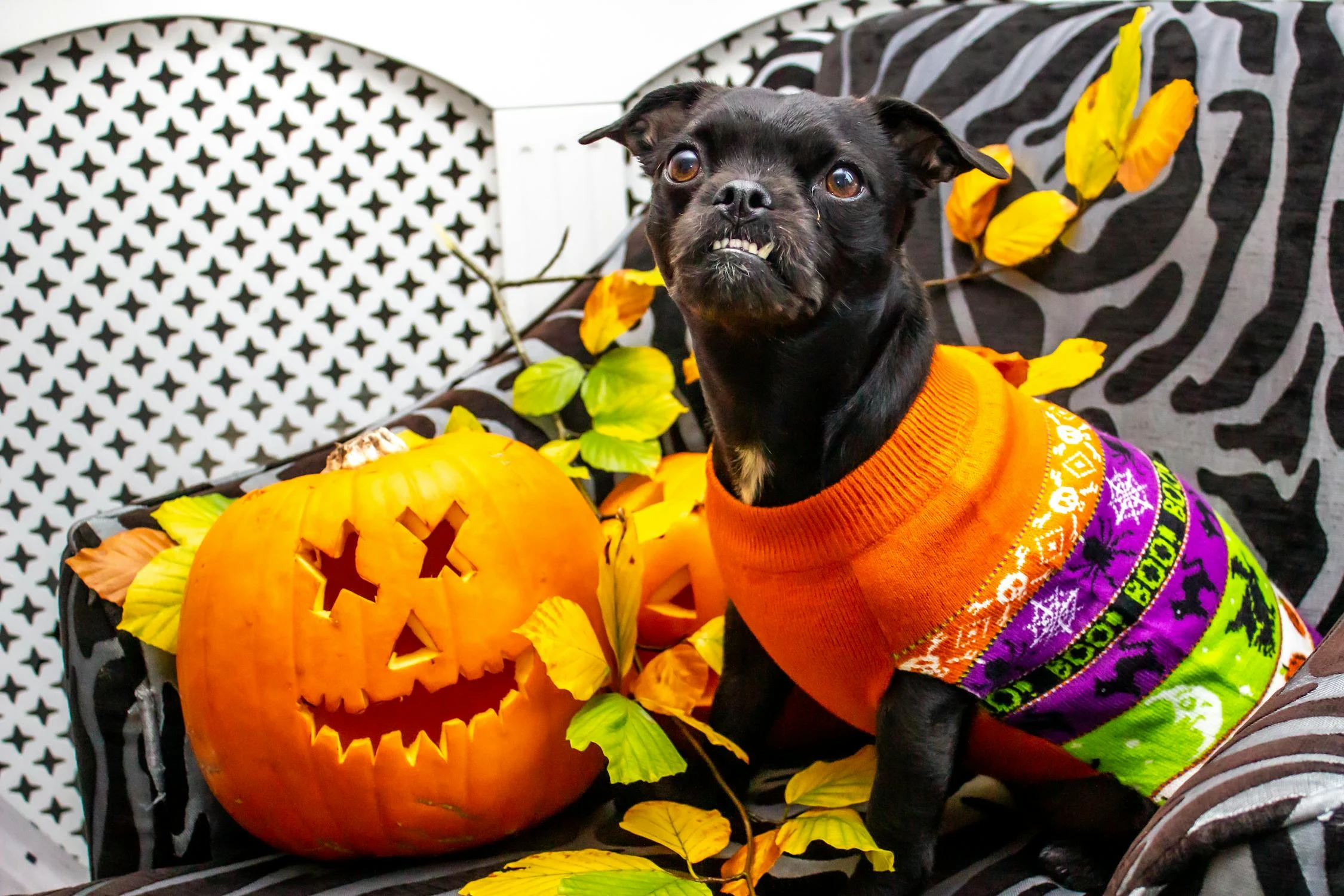Your cart is currently empty!
dog owner tips
-
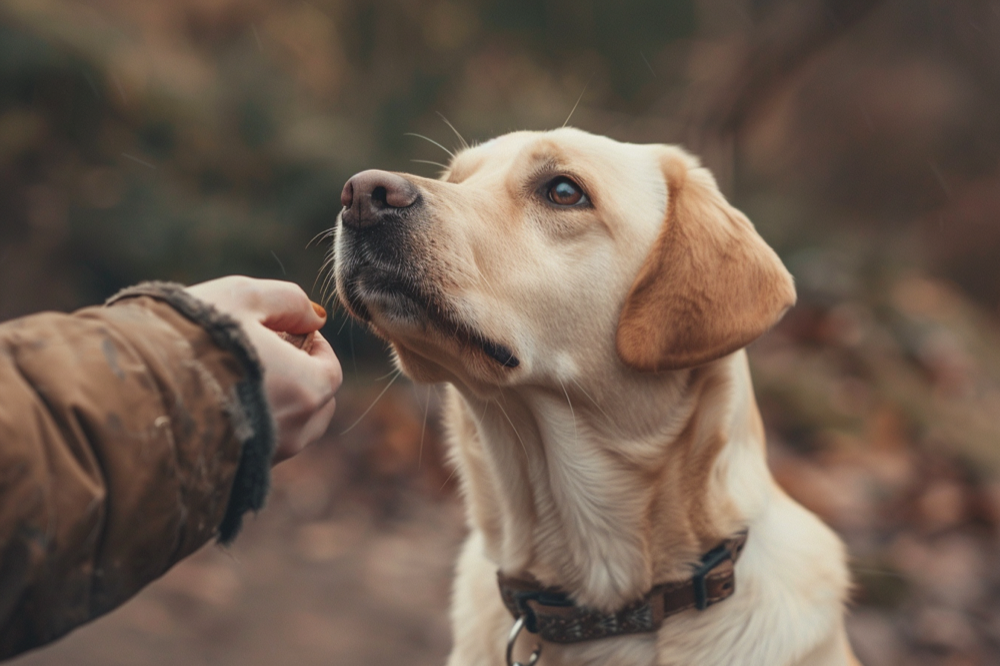
Understanding Positive Reinforcement: More than Giving Treats
Positive reinforcement is a concept many of us have heard of, especially when it comes to training our furry companions. The basic idea is simple: reward a behavior you want to see more of, and it’s likely to be repeated. However, when it comes to addressing aggression in dogs, the application of positive reinforcement isn’t…
-
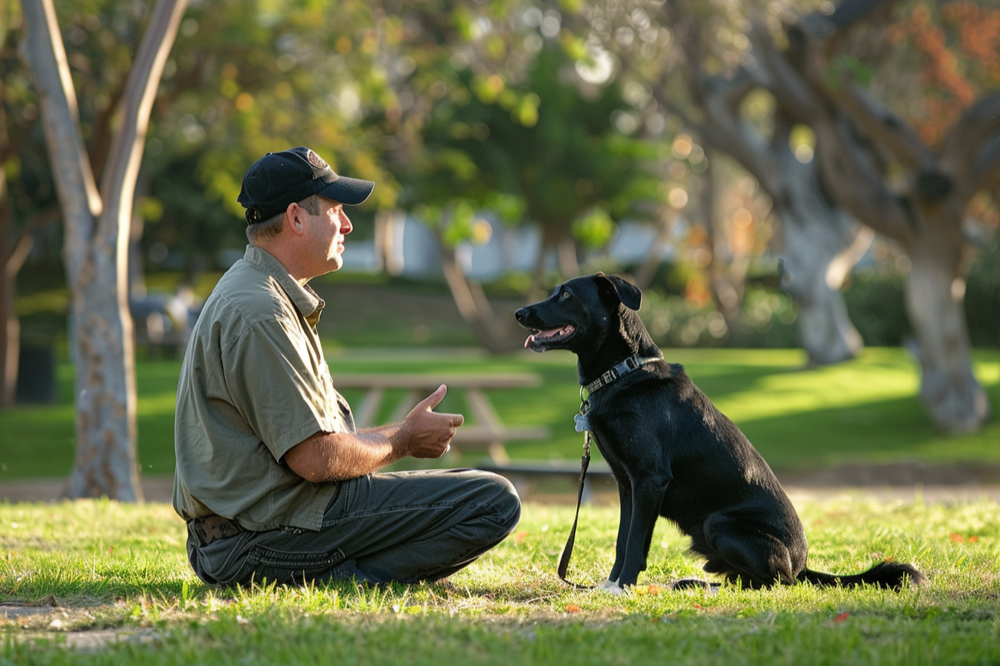
Two Essential Aspects Overlooked in Tackling Dog Aggression
In the intricate realm of addressing canine aggression, two fundamental aspects often evade the spotlight, yet serve as the bedrock for effective intervention. While strategies like desensitization and counter-conditioning rightfully garner attention, their efficacy hinges on mastering these foundational elements. Embarking on a journey to understand and address aggression in dogs necessitates a keen appreciation…
-

The Sit-stay: danger in focusing only on Outward Behavior
Some trainers have said it doesn’t matter what the dog is feeling, it only matters that they behave. This can be reassuring for dog owners because understanding the inner workings of our canine companions can often feel like a labyrinth complete mystery. But focusing solely on a dog’s outward behavior without considering their internal state…
-
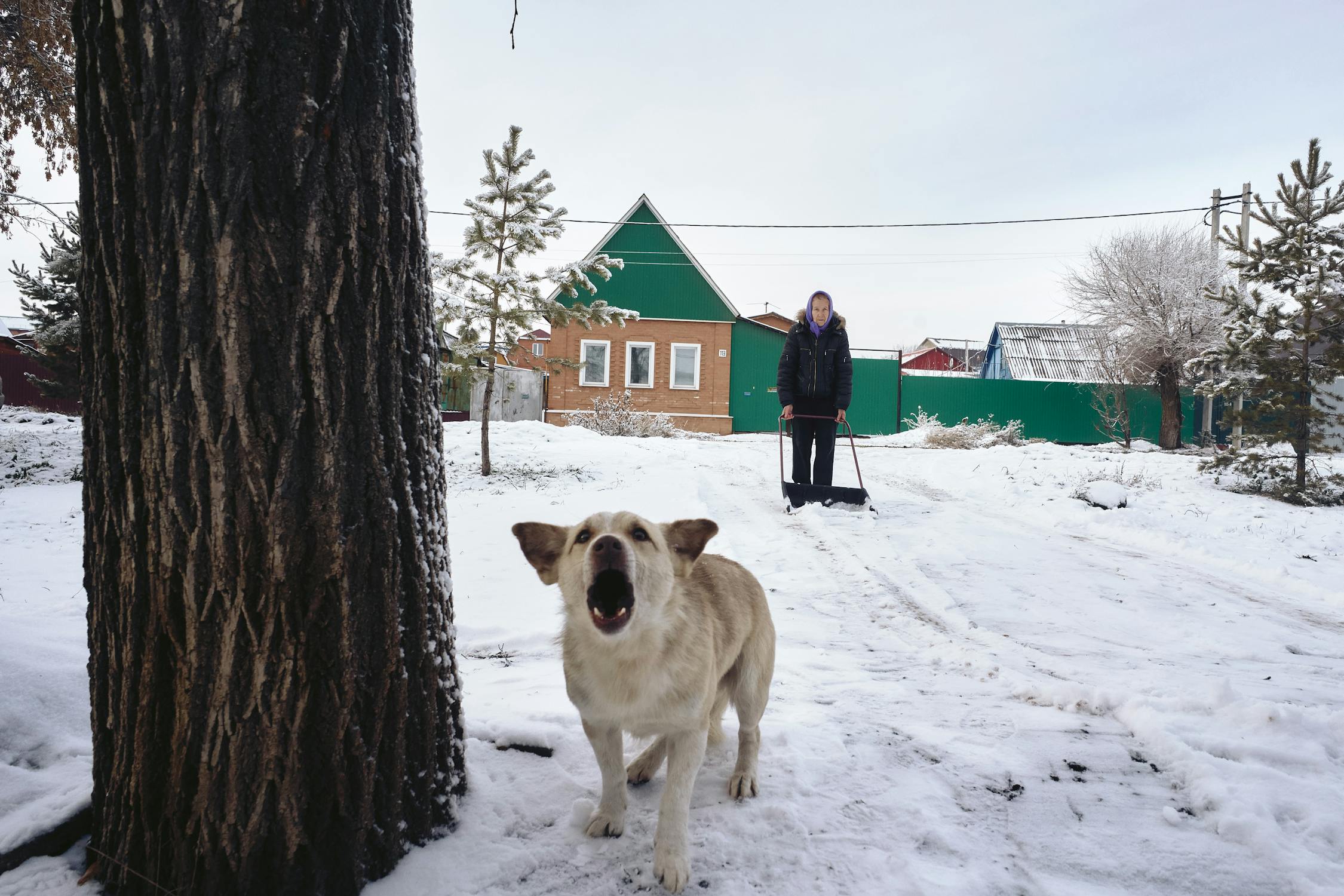
Why Reactivity is Often a Warning Sign for Aggressive Behavior in Dogs
If you are learning about dog aggression, you could be forgiven for thinking reactivity is the same as aggression. It seems like the terms are often interchanged. However, there are differences: reactivity in dogs refers to an overreaction to a stimulus, such as another dog, a person, noise or even touch. On the other hand,…
-
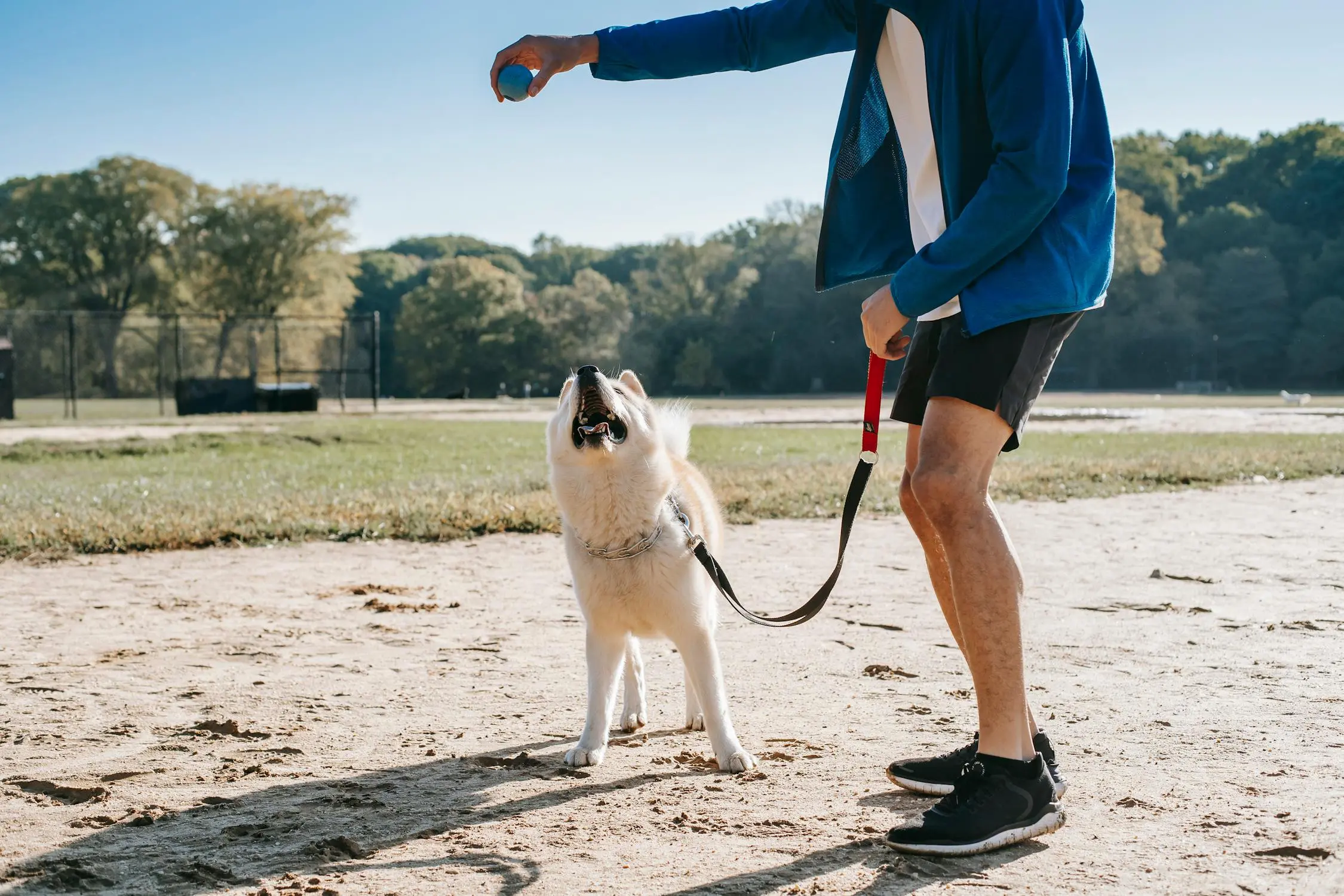
5 Reasons Why Leash Training Dogs is So Important
We all would prefer that our dog doesn’t pull us, but here are some reasons why training your dog not to pull on a leash – or more accurately – training your dog to walk with a loose leash – is actually important. 1. When dogs pull on the leash, we get frustrated. Continual frustration…
-
[VIDEO] How to Fit the Gentle Leader Like a Pro
You can buy the Gentle Leader almost anywhere now, including on Amazon. It is often recommended when dealing with or trying to control a lunging, pulling or aggressive dog. See more information on managing an aggressive dog with a head halter. Yet there are still a few dog owners (even some trainers) who haven’t learned…
-

Secrets to getting your Significant Other on board with your dog training
What to do when your Significant Others sabotages your dog training. If there was a single reason for me recommending to try this technique from Instant Influence: How to Get Anyone to Do Anything–Fast (#commissonearned) it’s this: it works on my kids. Freakishly well. Even when they know what I’m doing. It can even work on yourself.…
-
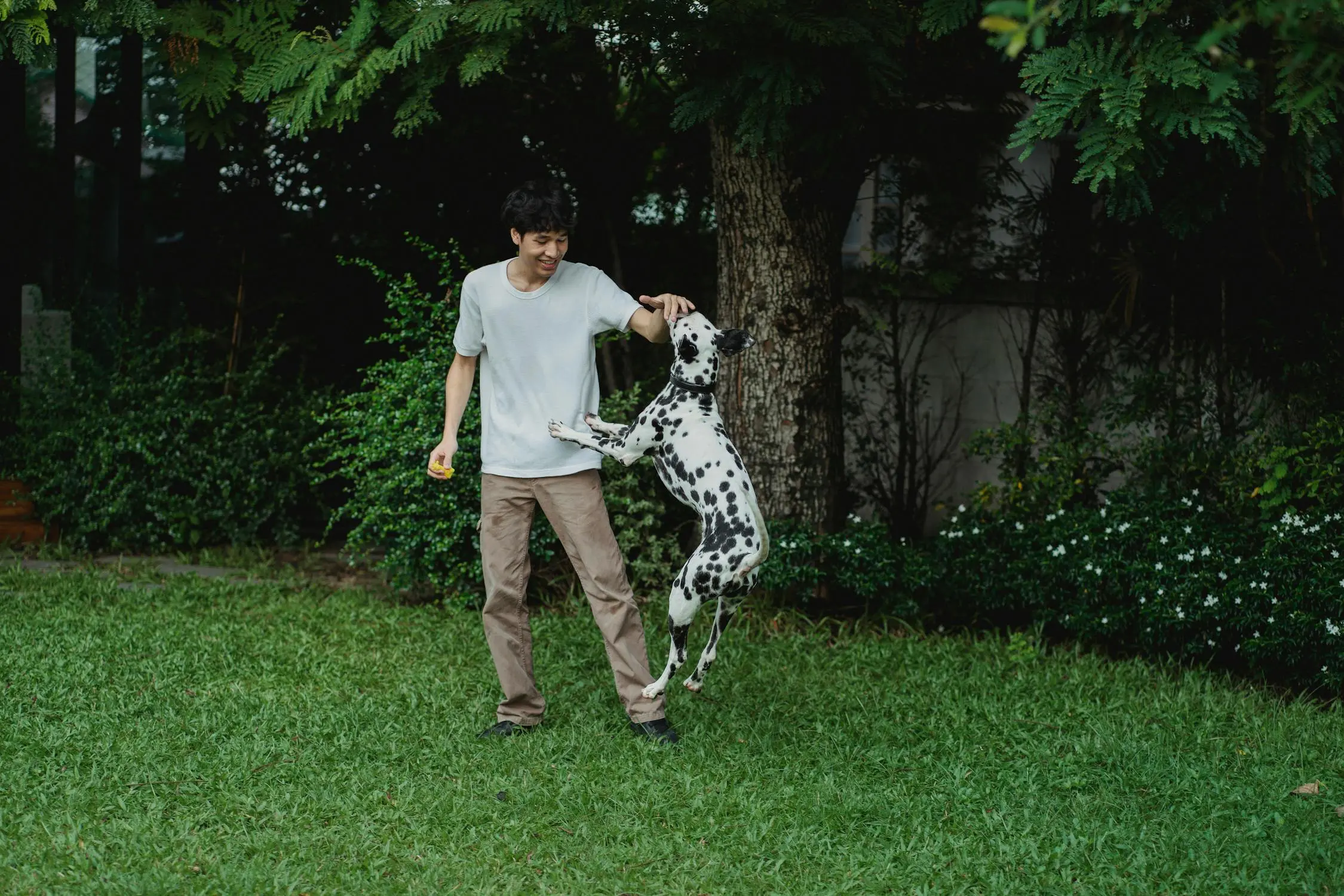
How to stop a dog from jumping up
If you have problems stopping your dog from jumping up you are not alone! But it’s not always an easy problem to correct. We have some some strategies to make it easier. But before we get into how you can change your dog’s behavior, it helps to understand why they do it. Why do dogs jump up?…

